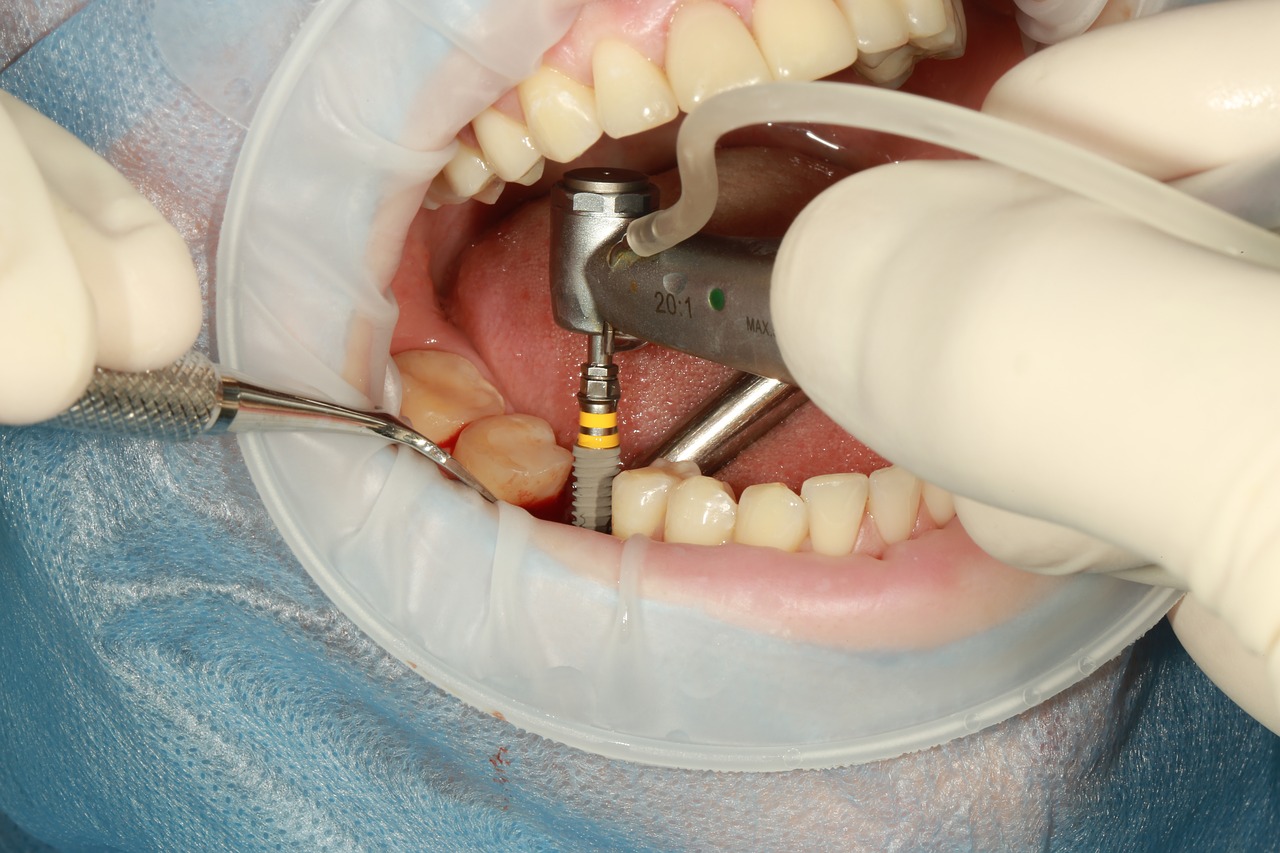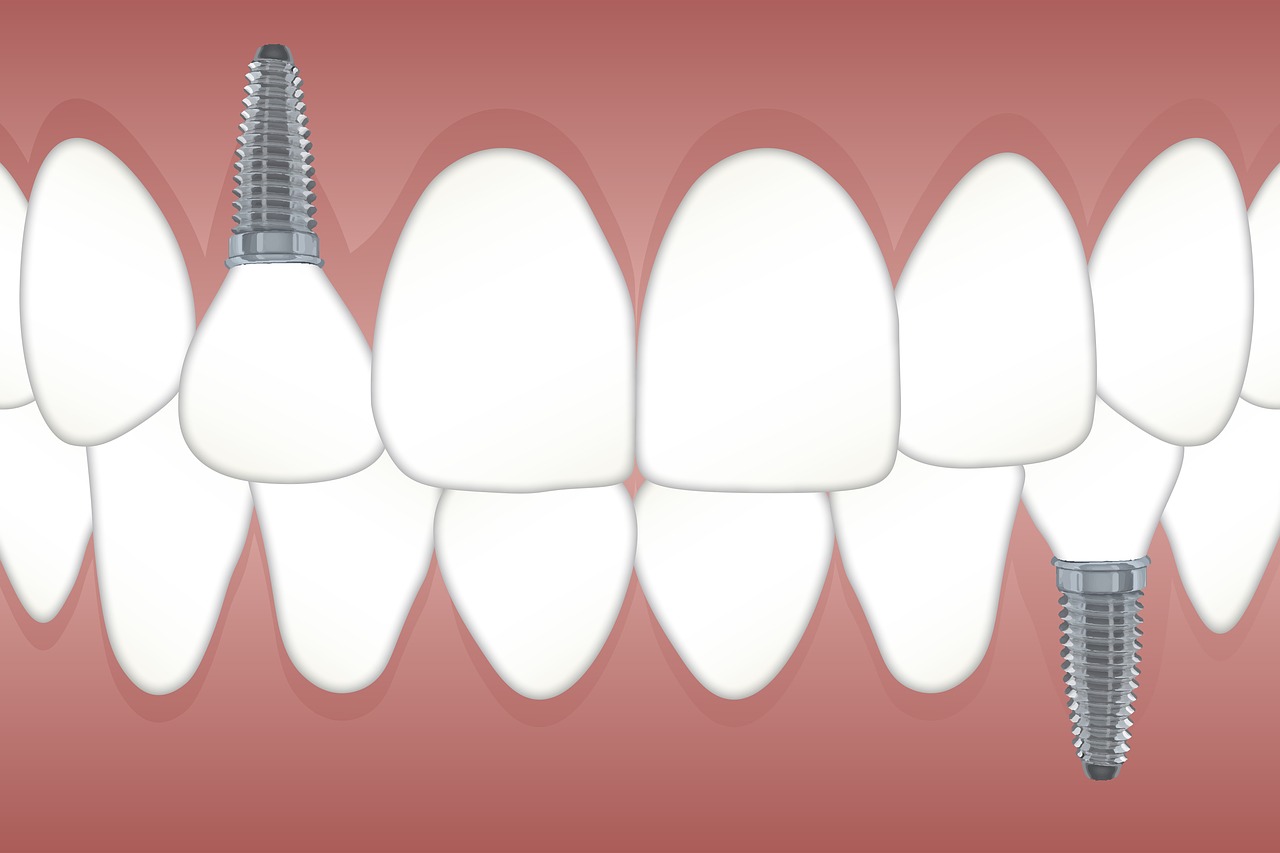As you age, maintaining healthy oral habits is essential to help your teeth last a lifetime. People over the age of 65 have an increased chance of gum disease, tooth loss, and dental decay. Although teeth changes will occur, there are a few ways to help support healthy teeth and gums as you grow older.

Acknowledge Natural Wear and Tear
Teeth changes are natural. Wear and tear come to all physical aspects of life, including our bodies, and teeth are no exception. After so much use, older teeth are more worn down than younger teeth. As we age, our teeth get weaker, more susceptible to cracks and breaks. This makes proper care more important than ever. This can include being aware of more sensitive teeth and forming specific treatment plans with your dentist as necessary.
While it is natural for teeth to wear down, you don’t have to expedite the process, and there are some measures you can take to preserve your teeth as much as possible. Wearing a nightguard is a great way to protect your teeth. Another type of protection comes with monitoring what you put in your mouth, as described below.
Recognize Food and Drinks to Avoid
You’ve likely noticed or are already aware that some foods and drinks, including coffee, tea, red wine, and tobacco, act as staining agents to teeth, causing mild to severe discoloration, especially with frequent use over time. Tobacco is the most serious of these elements to avoid, since “the risk of developing an oral cavity cancer increases with age and tobacco use,” as studied by Harvard Health Publishing.
Having a dry mouth is also a bigger concern with age, especially since it’s paired with increased cavity risk. Tobacco dries out your mouth even more — another reason to avoid it. It’s the same with alcohol and caffeinated beverages. If you must have these drinks, counteract the dry mouth effects with sugarless gums and plenty of water.

Be Aware of Gum Health
Teeth changes that come with age are not just about teeth, because your smile is more than teeth: it’s also about your gums. Naturally, gums will thin and recede with age. That doesn’t just make your smile look different; gum recession exposes the softer roots of teeth. Without as much protection, teeth can more easily get cavities. You are also more vulnerable to gum disease as you get older for this reason.
Gum health is critical to be aware of when it comes to maintaining a healthy appearance and sensation in your mouth. The last thing you want is discomfort, swelling, or pain in the gums to affect the look and feel of your smile. Be aware of the symptoms of gum disease and pay attention to your gum appearance and feel. Let your dentist know immediately if you have itchy gums or any pain in your mouth. It’s best to take care of small issues as soon as possible before they become emergencies.
Prioritize Your Dental Care
As your teeth change with age, it’s more important than ever to prioritize your dental care. Establish a consistent routine of regular dental checkups and dedicated oral hygiene maintenance at home to keep a youthful-looking smile even through the natural wear and tear that comes with teeth changes with age.
Here at Definitive Dental, we’re here to help you with personalized care towards promoting your oral health at any age, from 6 months old to 100 years old. Get in contact with us today so we can get started with your custom treatment plan. From dental emergencies to dentures and regular cleanings, we have all the services you need for complete oral health!







